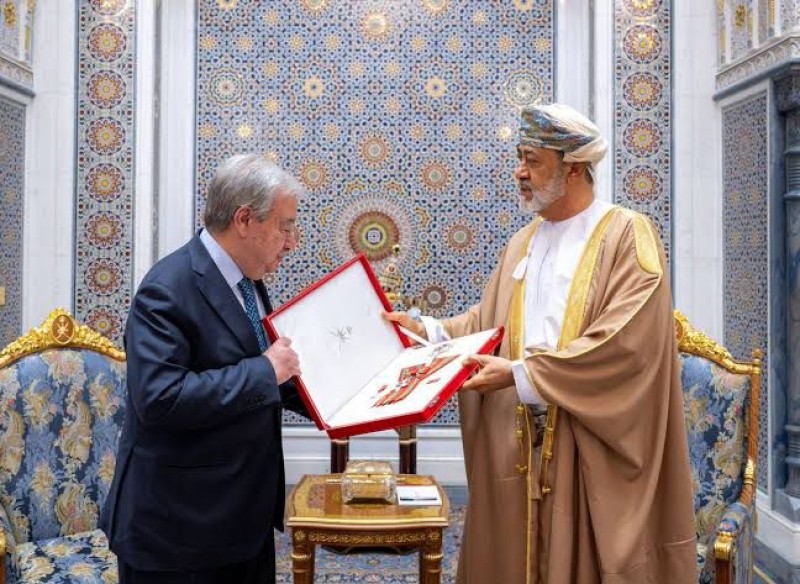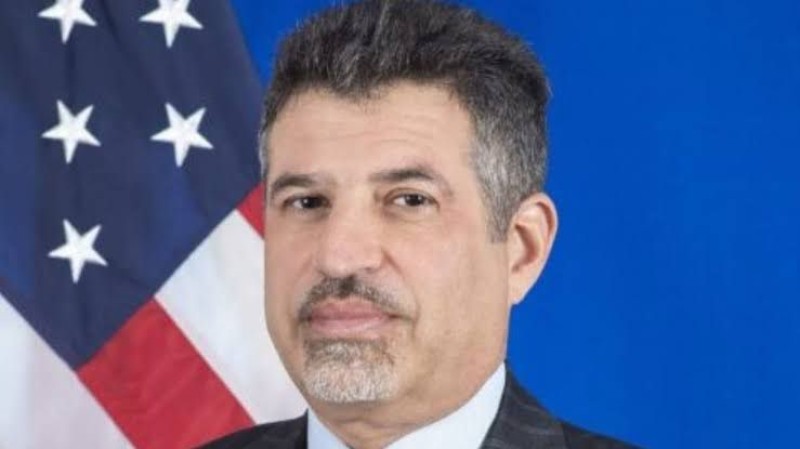US and Saudi Arabia committed to consolidating UN truce in Yemen


THE United States and Saudi Arabia have agreed to co-operate in seeking to consolidate the current truce in Yemen and to increase humanitarian and economic support.
They made the commitment during talks that President Biden held with Saudi leaders in Jeddah, on the Red Sea coast, at the end of last week. A joint statement said that they had held “a detailed discussion of the situation in Yemen”, and would do “everything possible to extend and strengthen the UN-mediated truce, which has led to fifteen weeks of peace, the quietest period in Yemen for years, and translate it into a durable ceasefire and political process”.
President Biden welcomed Saudi Arabia’s commitment to the truce and its joint efforts with the Yemeni government to resume commercial flights between the Yemeni capital, Sana’a, and Amman and Cairo for the first time in seven years. He also praised the kingdom’s financial support for improving basic services and economic stability — including more than $1 billion (£833 million) “for development projects and fuel support”.
The Ven. Dr Bill Schwartz, who recently retired as Archdeacon in the Gulf, is cautious, however, in his assessment of the Jeddah talks. He points out that the only Yemenis involved in the meeting were those appointed by Saudi Arabia. The rebel Houthis and militia groups were not part of the discussion, and “cannot be counted on to honour the agreement”. The Jeddah talks “expressed a generic hope that the ceasefire will continue without addressing any of the issues that might bring a resolution and real peace to the problems of Yemen”.
Dr Schwartz says that the next step should be to encourage all the parties involved in the conflict on the ground in Yemen to come to the negotiating table; for, in the end, only the combatants can make an extension of the truce possible.
Long-term security is vital for dealing with what the UN has called the world’s worst humanitarian disaster. UNICEF says that 13 million children in Yemen need humanitarian assistance, along with at least another 11 million people in the older age range. A string of crises — not least the pandemic — is compounded today by the war in Ukraine. According to the country’s planning minister, Ukraine normally supplies some 46 per cent of the country’s wheat needs. Stocks are running out fast, and Yemen has appealed to the international community for help in finding other sources.

Muscat – The Office of the UN Special Envoy to Yemen said Monday that UN Secretary-General António Guterres discussed the overall situ…

Riyadh — U.S. Ambassador to Yemen, Steven Fagin, on Monday underscored Washington’s commitment to the unity of the Presidential Leaders…

Abyan — The Southern Transitional Council (STC) in Yemen announced on Monday the launch of wide-scale military operations in Abyan province,…